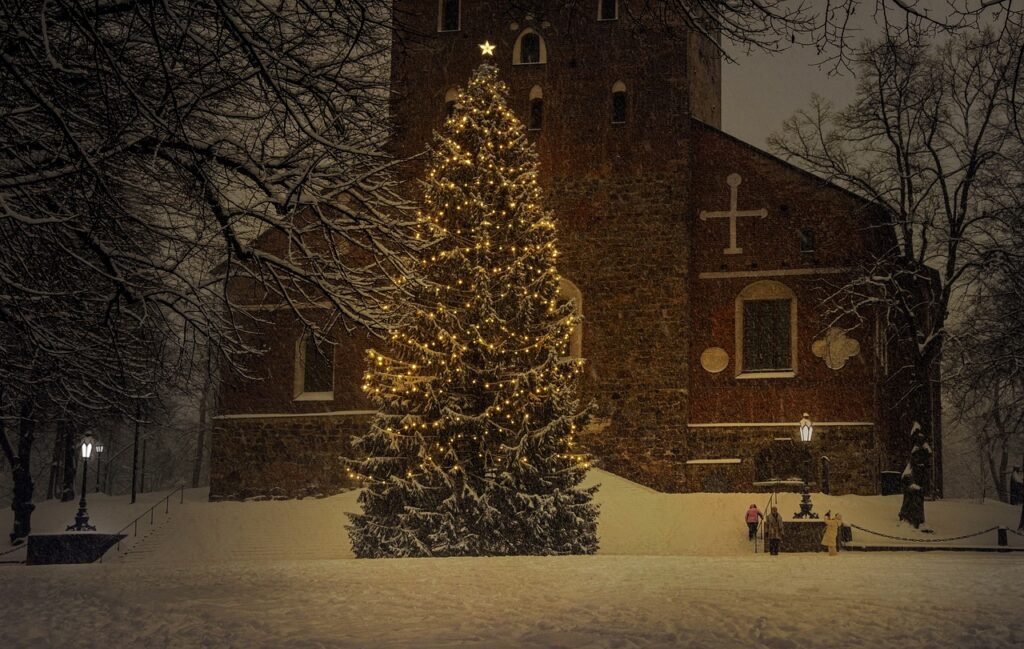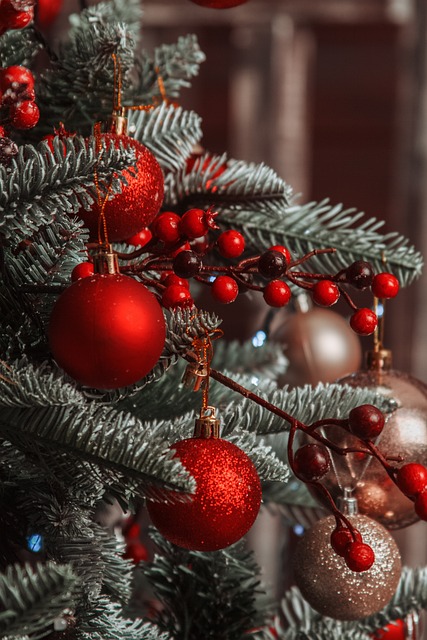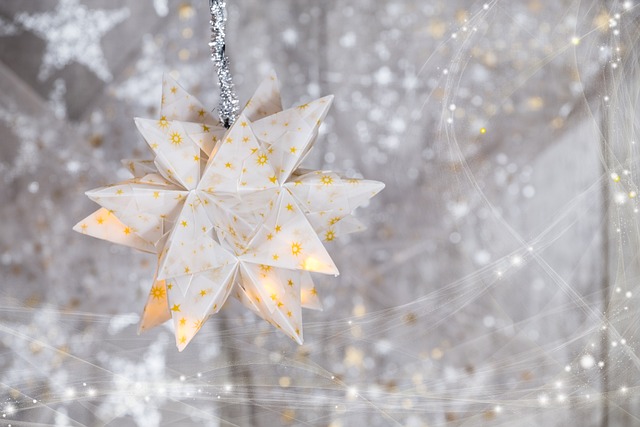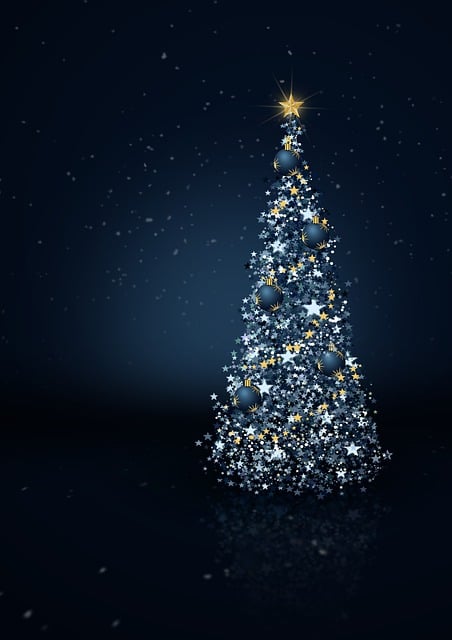Unveiling the Tradition: Why Do We Have and Decorate Christmas Trees?

Discover the enchanting origins and timeless traditions behind the beloved Christmas tree. Delve into the rich history that has made this iconic symbol an integral part of our festive celebrations.
Why do we have Christmas trees?
The custom of having Christmas trees traces back to ancient times when evergreen trees symbolized eternal life. The practice gained popularity in medieval Europe and became synonymous with celebrating the winter solstice.

What is the significance of the Christmas tree?
Beyond its evergreen allure, the Christmas tree embodies hope and continuity. Its triangular shape symbolizes the Holy Trinity in Christianity, while the lights and ornaments represent the light of Christ and joy.
What are the key elements of Christmas tree decorations?
Ornaments, lights, and garlands are classic embellishments that add festive flair. Each ornament can hold sentimental value, reflecting family memories and traditions. Incorporating handmade ornaments or cherished heirlooms adds a personal touch.
How did the tradition spread globally?
How did the tradition spread globally? Queen Victoria and Prince Albert popularized the Christmas tree in the 19th century, cementing its status as a holiday staple. From there, the tradition traveled across the globe, adopting unique cultural nuances along the way.

Where can you find unique Christmas tree decorations?

Explore local markets, artisan fairs, and online platforms to discover one-of-a-kind decorations. Supporting local artisans and small businesses adds a meaningful touch to your holiday decor.
Conclusion: As you embark on the festive season, understanding the roots of the Christmas tree tradition adds depth to the joyous celebrations. Embrace the timeless customs, create lasting memories, and let your beautifully adorned Christmas tree stand as a symbol of love, hope, and togetherness.

